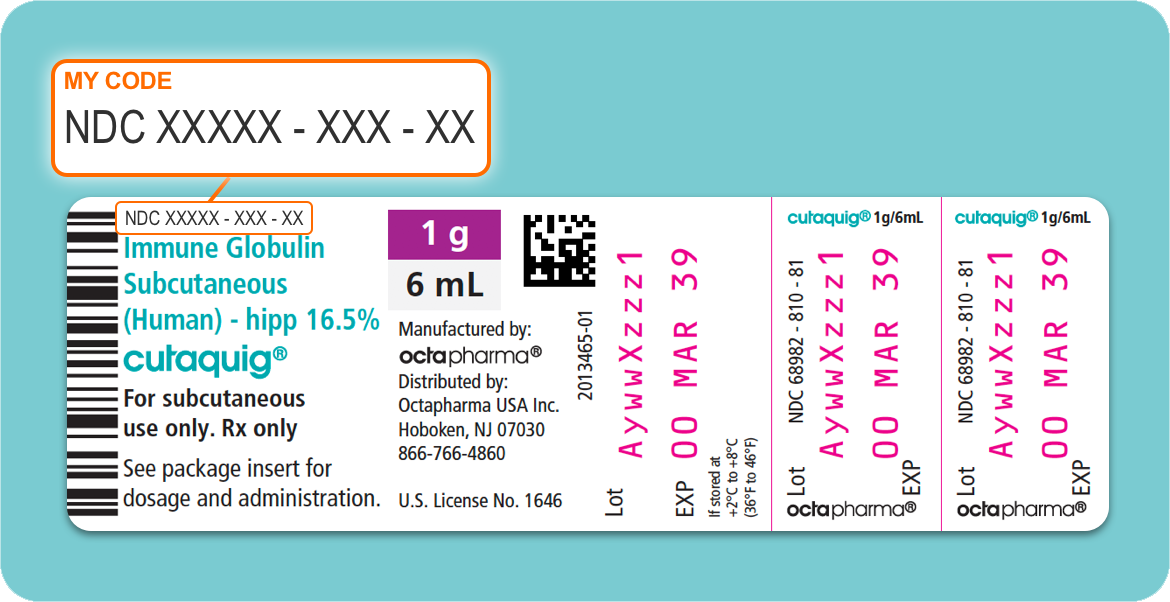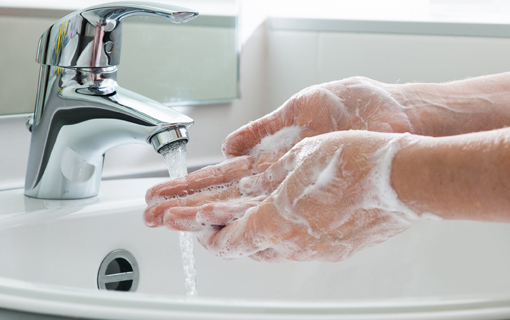About IgCares® Donation Points
What Are Donation Points?
Donation points are points you collect for participating in IgCares activities labeled with the donation point icon. While the points do not have cash value themselves, they represent the money we will donate to the participating PI charity you select. Every point you earn is a dollar we will donate.

How Much Are Donation Points Worth?
Points have no cash value to IgCares program members and cannot be redeemed for any purpose other than donation through the IgCares program. One donation point = one dollar ($1.00).
Do Donation Points Expire?
Yes. All donation points must be donated by IgCares program members during the current 12-month calendar period. Donation points collected but not donated by a member during that 12-month calendar period will expire and no longer be valid for donation.
How Do I Donate Points?
Go to the Give page. See how many points you have to donate, then select the amount of points you want to donate and the IgCares program charity to receive them. That’s all it takes!



